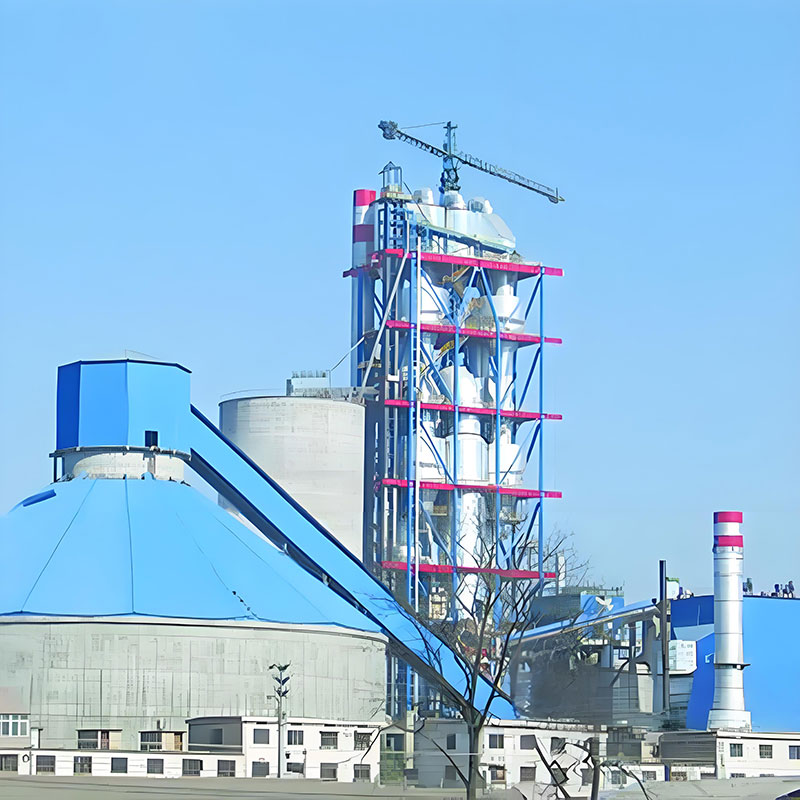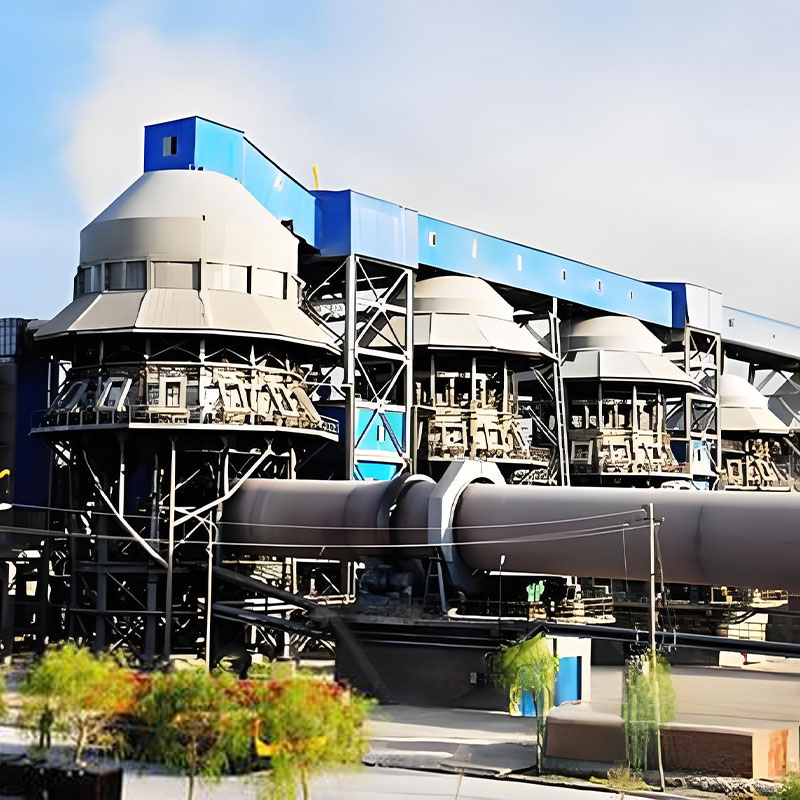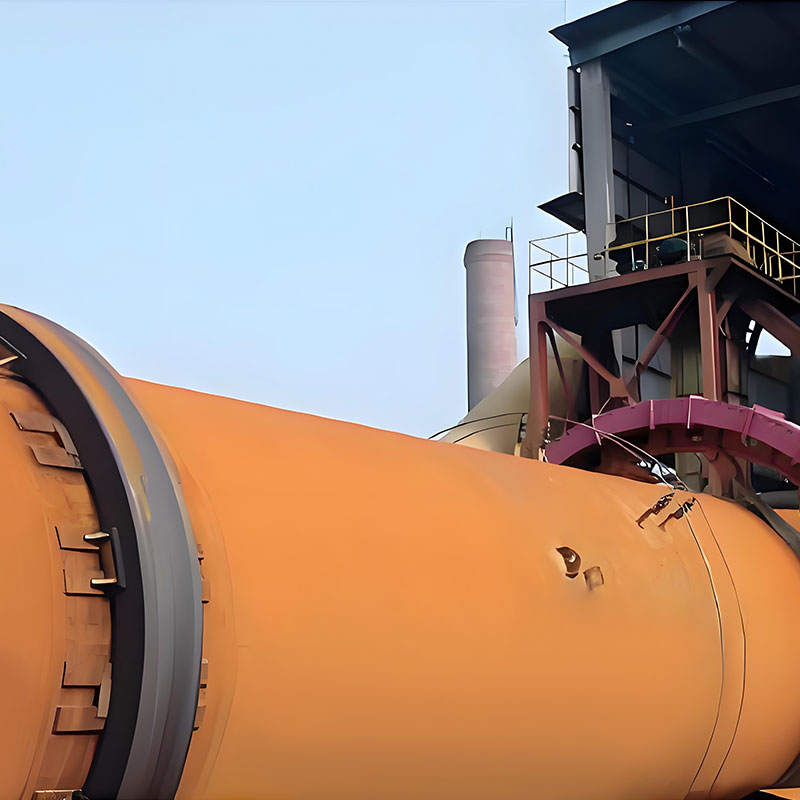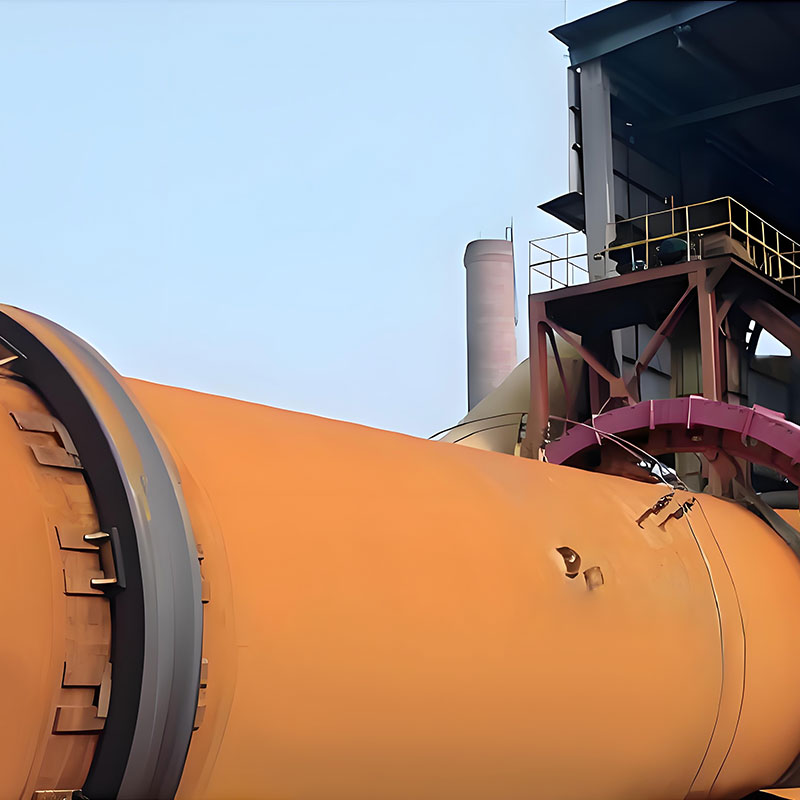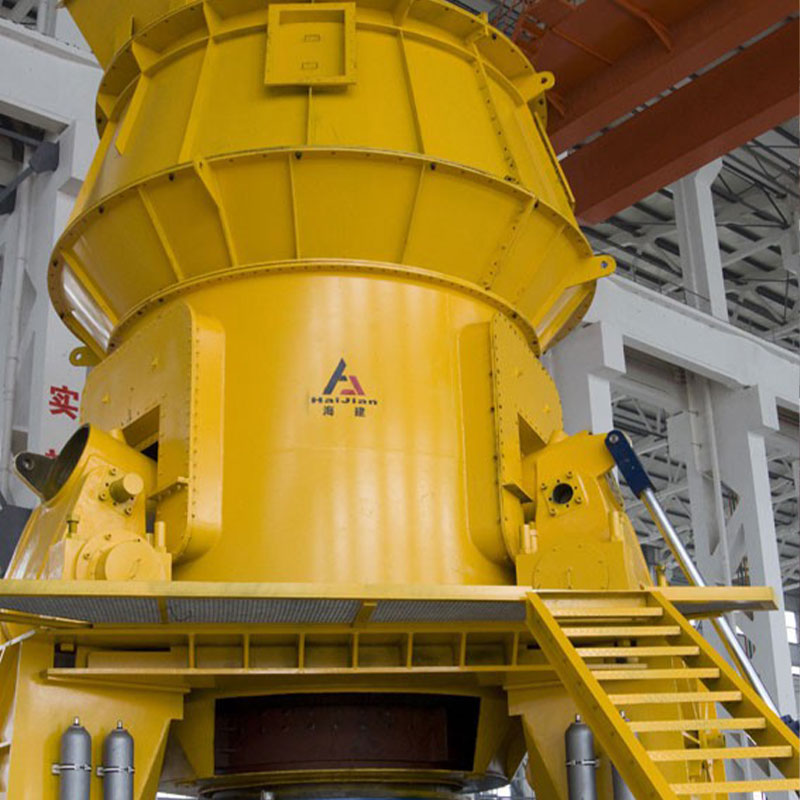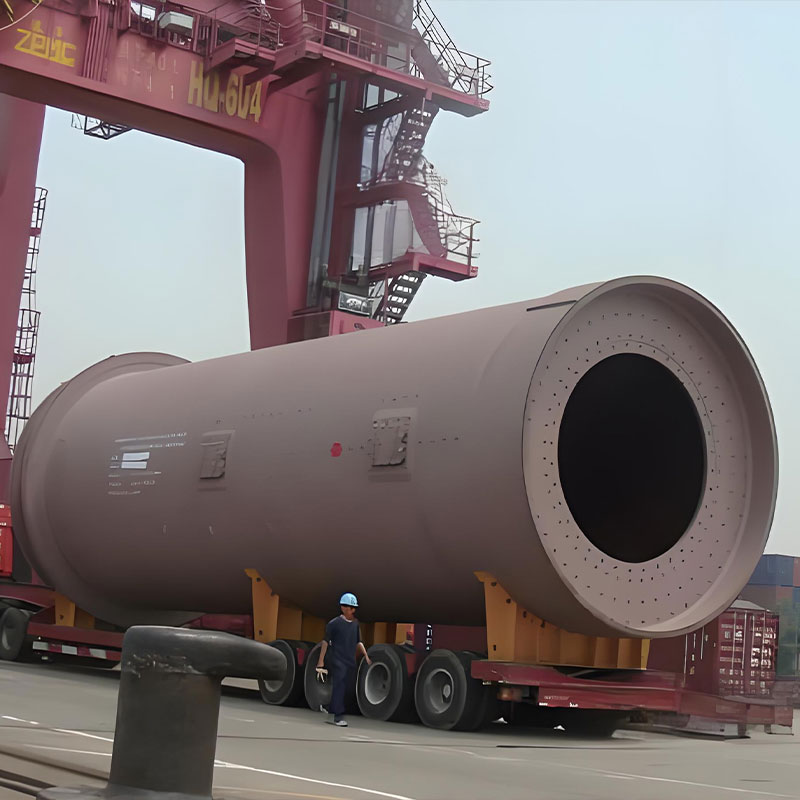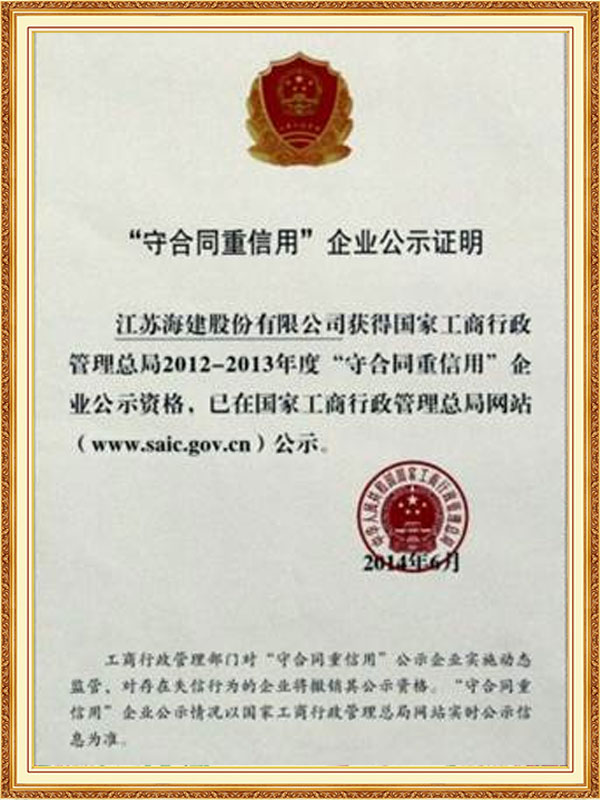Jiangsu Haijian Co., Ltd is a professional China Metallurgical rotary kiln Manufacturers and Metallurgical rotary kiln Company. We provide professional cement production equipment, industrial solid waste incineration equipment, and professional equipment for mining and metallurgical applications.We are a major manufacturing enterprise, a key backbone enterprise, and a primary export base for cement, power, environmental protection, and metallurgical and mining equipment in China. The company has the legal rights to independently manage the import and export of its products and is legally authorized to undertake general contracting for foreign projects.
-

Professionalism
-

Quality
-

One stop solution



News Center
News Updates
-
Admin 2026-01-30
Cement Production Line: Is It the Most Efficient Way to Build Modern Infrastructure?
A cement production line is the backbone of large-scale construction projects and urban development. By integrating automated processing, energy-efficient systems, and quality control technologies, modern cement production lines deliver consistent output and stable material performance for global in...Read More -
Admin 2026-01-22
What is a Cement Production Line and How Does It Work?
Cement production is the backbone of the construction industry, providing the essential material used in building everything from houses to highways. But how exactly is cement made, and what role does a cement production line play in this process? In this article, we’ll explore what a cement product...Read More -
Admin 2026-01-16
Is cement production line equipment maintenance difficult?
Many cement plant managers ask: Is cement production line equipment maintenance very complicated? Will it delay production? Actually, as long as a standardized maintenance process is established, daily maintenance is not difficult and can effectively reduce downtime and extend equipment lifespan. Re...Read More
Industry knowledge
Jiangsu Haijian Co., Ltd. is a professional metallurgical rotary kiln manufacturer and company. We provide specialized equipment for cement production, industrial solid waste incineration, and mining and metallurgical applications. As core equipment in the metallurgical and chemical industries, metallurgical rotary kilns undertake the important task of high-temperature conversion and purification of various minerals. In steelmaking, they transform lean iron ore (Fe₂O₃ content 30-50%) into highly magnetic magnetite (Fe₃O₄) through a precisely controlled magnetization roasting process, increasing iron recovery from 40% to over 85%. In nickel-chromium metallurgy, the rotary kiln's oxidation roasting system effectively separates nickel-chromium minerals, achieving nickel leaching rates of up to 92%. In the aluminum industry, its stable temperature field ensures the complete conversion of aluminum hydroxide to alumina (α-Al₂O₃ content >95%).
The operating principle of a metallurgical rotary kiln is based on the precise coordination of dynamic calcination and gas-solid reaction. The kiln body is installed at an inclination angle of 3-5° and rotates at a speed of 0.5-5 rpm. The material undergoes a complex trajectory of 20-50 meters within the kiln, with a residence time of 2-4 hours. The high-temperature zone utilizes staged combustion technology, with multi-channel burners (using pulverized coal, gas, or oil/gas) achieving precise temperature control of 800-1600°C, with a temperature differential within ±15°C.
In terms of maintenance and management, the metallurgical rotary kiln has established a full lifecycle health management system. Refractory material maintenance utilizes infrared thermal imaging technology (resolution 0.1°C) to monitor changes in kiln lining thickness in real time. When the remaining thickness of high-alumina bricks (Al₂O₃ ≥ 75%) is less than 150mm, a warning is issued for replacement. The roller bearings are equipped with online oil monitoring sensors that predict the remaining lifespan through wear particle analysis. The intelligent lubrication system automatically adjusts the grease injection rate based on load changes (with an accuracy of ±3%).


 English
English  русский
русский  Español
Español 